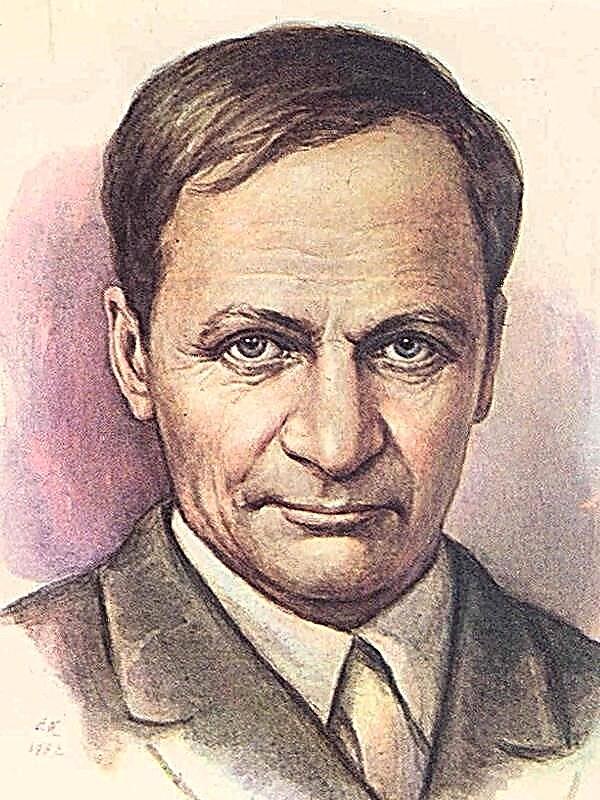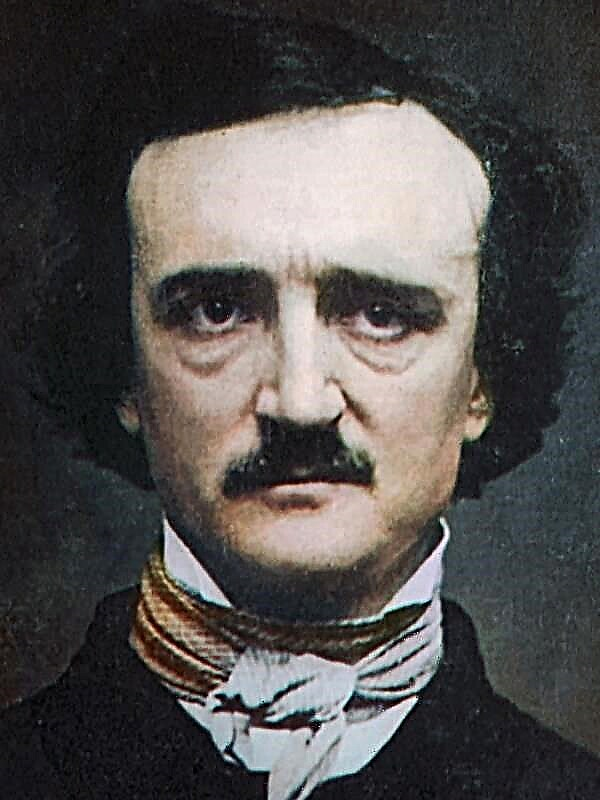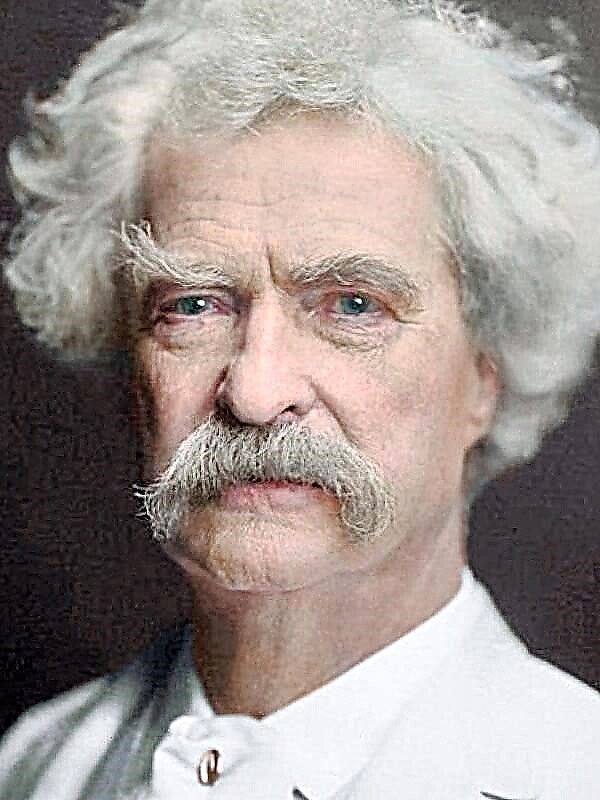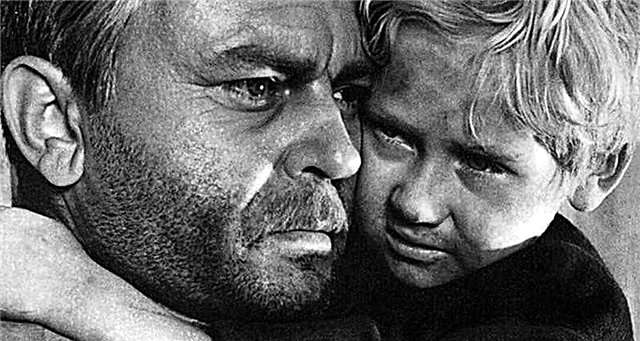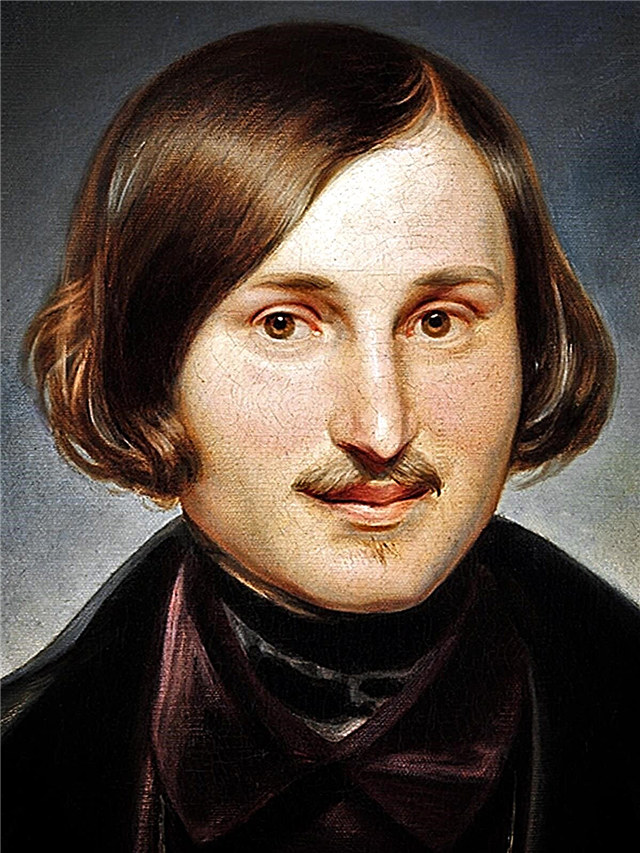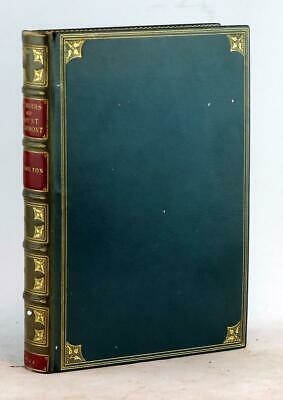In the early morning, the maid Lisa knocks on the young lady's bedroom. Sophia did not immediately respond: she talked all night with her lover, the secretary of her father, Molchalin, who lives in the same house.
Sophia’s inapparently father, Pavel Afanasevich Famusov, flirts with Lisa, who barely succeeds in fighting off the master. Frightened that they might hear him, Famusov disappears.
Leaving Sophia, Molchalin in the doorway encounters Famusov, who wonders what the secretary is doing here at such an early hour. Famusov, who sets an example of his own "monastic behavior", is somehow reassured.
Left with Lisa alone, Sophia dreamily recalls the night so quickly flashed when she and Molchalin “were forgotten by the music and time passed so smoothly”, and the maid barely restrains her laughter.
Lisa reminds Mrs. of her former hearty inclination, Alexander Andreyevich Chatsky, who has been wandering in foreign lands for three years now. Sophia says that her relationship with Chatsky did not go beyond the boundaries of children's friendship. She compares Chatsky with Molchalin and finds in the latter advantages (sensitivity, timidity, altruism) that Chatsky does not have.
Suddenly Chatsky himself appears. He bombards Sofya with questions: what's new in Moscow? How are their mutual acquaintances who seem Chatsky funny and ridiculous? Without any backward thought, he speaks unflattering about Molchalin, who probably made a career (“they love the wordless today”).
Sophia is so hurt that she whispers to herself: "Not a man, a snake!"
Famusov enters, also not too happy with Chatsky’s visit, and asks where Chatsky disappeared and what he did. Chatsky promises to tell you everything in the evening, because he still did not have time to call home.
In the afternoon, Chatsky again appears in Famusov’s house and asks Pavel Afanasevich about his daughter. Famusov is worried, isn’t Chatsky marking the suitors? And how would Famusov react to this? - in turn, the young man inquires. Famusov avoids a direct answer, advising the guest to first put things in order and achieve success in the service.
“I’d be glad to serve, it’s sick to be served,” Chatsky says. Famusov accuses him of excessive "pride" and sets an example of his late uncle, who achieved ranks and wealth, slavishly serving the empress.
Chatsky this sample does not suit. He finds that the “age of humility and fear” is becoming a thing of the past, and Famusov is outraged by these “freethinking speeches,” and he does not want to listen to such attacks on the “golden age”.
The servant reports the arrival of a new guest, Colonel Skalozub, whom Famusov courtesy in every possible way, considering him a profitable bridegroom. Skalozub ingenuously boasts of his official successes, which are achieved by no means military feats.
Famusov pronounces a lengthy panegyric to the Moscow nobility with its hospitality, conservative old men, nobles, power-hungry matrons and able to present themselves as girls. He recommends Chatsky to Skalozub, and Famous accolades for Chatsky sound almost like an insult. Unable to stand it, Chatsky erupts in a monologue, in which he attacks the flatterers and serfs who delight the owner of the house, denounces them as "weak-heartedness, rational poverty."
Skalozub, who understood little of Chatsky’s speeches, agrees with him in his assessment of the pompous guardsmen. The army, according to the brave servants, is no worse than the "Guardians".
Sophia runs in and rushes to the window shouting: “Ah, my God, fell, killed!” It turns out that Molchalin “cracked” from the horse (Skalozub's expression).
Chatsky thinks: why is Sophia so scared? Soon Molchalin comes and reassures those present - nothing terrible happened.
Sophia tries to justify her imprudent impulse, but only strengthens Chatsky's suspicions that arose.
Left alone with Molchalin, Sophia worries about his health, and he is concerned about her restraint ("Evil tongues are worse than a pistol").
After talking with Sophia Chatsky, she comes to the conclusion that she cannot love such an insignificant person, but nevertheless fights over the riddle: who is her lover?
Chatsky also engages in a conversation with Molchalin and is even stronger in his opinion: it is impossible to love someone whose virtues boil down to "moderation and accuracy", one who does not dare to have his own opinion and admires nobility and power.
In the evening, guests continue to gather to Famusov. The first to arrive are the spouses of Gorichev, Chatsky's old friends, with whom he speaks in a friendly manner, warmly recalling the past.
Other persons appear (a princess with six daughters, Prince Tugoukhovsky, etc.) and conduct empty conversations. The countess-granddaughter is trying to stab Chatsky, but he easily and witty parries her attack.
Gorich represents Chatsky to Zagoretsky, directly characterizing the latter as a “fraudster” and “rogue,” but he pretends that he is not hurt at all.
Khlestova arrives, the old woman is imperious and does not tolerate any objections. Before her are Chatsky, Skalozub and Molchalin. Khlestov’s favor is expressed only to Famusov’s secretary, since he praises her dog. Addressing Sophia, Chatsky is ironic about this. Sophia Chatsky’s sarcastic speech infuriates, and she decides to avenge Molchalin. Moving from one group of guests to another, she gradually hints that Chatsky seems to be out of his mind.
This rumor immediately spreads throughout the living room, and Zagoretsky adds new details: "They seized him, into the yellow house, and put him on the chain." The final verdict is handed down by the countess grandmother, deaf and almost out of her mind: Chatsky - Basurman and Voltairean. In the general chorus of indignant voices goes to all other freethinkers - professors, chemists, fabulists ...
Chatsky, lost in the crowd of people alien to him in spirit, confronts Sophia and indignantly falls upon the Moscow nobility, who admits the insignificance only because it had the good fortune to be born in France. Chatsky himself is convinced that the “smart” and “peppy” Russian people and their customs are in many ways higher and better than foreign ones, but nobody wants to listen to him. Everyone whirls in a waltz with the greatest zeal.
The guests are already starting to disperse when another old friend of Chatsky, Repetilov, rushes in. He throws himself at Chatsky with open arms, immediately begins to repent of various sins and invites Chatsky to visit the “most secret union”, consisting of “decisive people” who fearlessly talk about “important mothers”. However, Chatsky, who knows the value of Repetilov, briefly characterizes the activities of Repetilov and his friends: “You make noises!”
Repetilov switches to Skalozub, telling him the sad story of his marriage, but even here he does not find mutual understanding. Only with Zagoretsky is Repetilov able to enter into conversation, and even then Chatsky's madness becomes the subject of their discussion. Repetilov at first does not believe the rumor, but the others persistently convince him that Chatsky is a real madman.
Chatsky, who was detained in the room of the doorman, hears all this and is indignant at the slanderers. He is only concerned about one thing - does Sophia know about his “craziness”? It could never have crossed his mind that she had spread this rumor.
Lisa appears in the lobby, a sleepy Molchalin weaving after her. The maid reminds Molchalin that the young lady is waiting for him. Molchalin admits to her that she is caring for Sophia, so as not to lose her affection and thereby strengthen her position, he really likes Lisa alone.
This is heard by Sofia, who quietly approached and Chatsky hiding behind a column. The angry Sophia comes forward: “A terrible person! I myself am ashamed of the walls. " Molchalin is trying to unlock himself from what was said, but Sophia is deaf to his words and demands that he leave his benefactor’s house today.
Chatsky also gives vent to feelings and exposes the sophistry of Sophia. A crowd of servants, led by Famusov, comes running to the noise. He threatens to send his daughter to her aunt, in the wilderness of Saratov, and identify Lisa in poultry houses.
Chatsky bitterly laughs at his own blindness, and at Sophia, and at all like-minded Famusov, in whose society it is indeed difficult to maintain reason. Exclaiming: “I’ll go look around the world, / Where there is a corner for the offended person!” - he forever leaves the once so dear to him house.
Famusov himself is most concerned about “what will begin to say / Princess Marya Alekseevna!”

 St. John's wort
St. John's wort